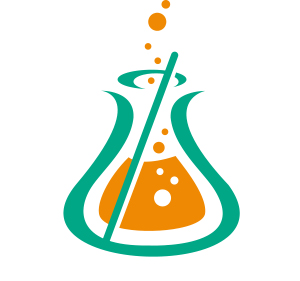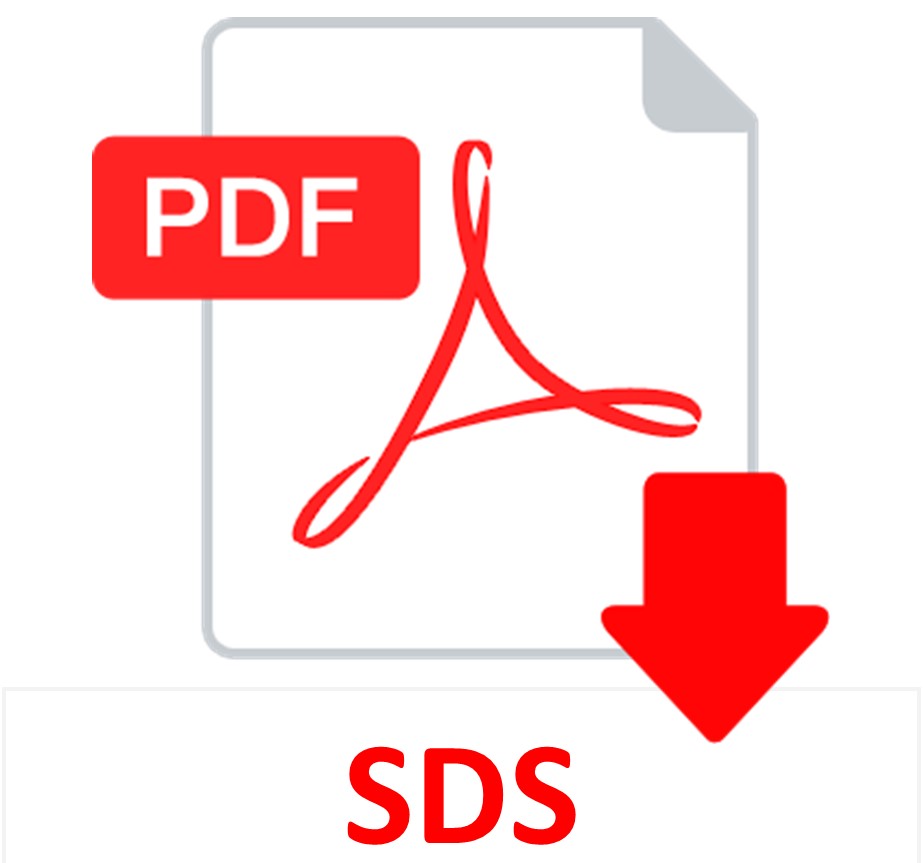Hematoxylin Stain, Gill
STAIN SOLUTION:
| 500 ml | 1 Gallon | |
| Hematoxylin Stain, Gill I (single strength) | Part 1180A | Part 1180C |
| Hematoxylin Stain, Gill II (double strength) | Part 1180D | Part 1180F |
| Hematoxylin Stain Gill III (triple strength) | Part 1180G | Part 1180I |
Additionally Needed For H&E Staining:
| Xylene, ACS | Part 1445 |
| Alcohol, Ethyl Denatured, 100% | Part 10841 |
| Alcohol, Ethyl Denatured, 95% | Part 10842 |
| Lithium Carbonate, Saturated Aqueous OR Scott Tap Water Substitute |
Part 12215 OR Part 1380 |
| Alcohol, Ethyl Denatured, 70% | Part 10844 |
| Eosin Y Working Solution OR Eosin-Phloxine Stain Set |
Part 1072 OR Part 1082 |
For storage requirements and expiration date refer to individual bottle labels.
APPLICATION:
Newcomer Supply Hematoxylin Stain, Gill, is a ready to use progressive nuclear stain available in three strengths for cytology and histology applications. Due to the progressive staining nature of Gill hematoxylin, over-staining is less likely and a differentiation step is not required. Gill hematoxylin does not require filtering but if using any Gill hematoxylin for cytology specimen staining, filtering before each use is highly suggested to prevent solution contamination.
-
- Gill I is termed “single strength”, ideal for both gynecological and non-gynecological cytology preparations.
- Gill II, noted as “double strength”, used as a counterstain in immunohistochemistry (IHC) procedures, frozen section nuclear stain, routine hematoxylin and eosin (H&E) stain and more intense cytology staining.
- Gill III is “triple strength”, used primarily for tissue sections when a darker nuclear stain is preferred with shorter staining time.
- Goblet cells will stain with Gill III and moderately by Gill II but not by other hematoxylin solutions.
METHOD:
For Histology Specimens
Fixation: Formalin 10%, Phosphate Buffered (Part 1090)
Technique: Paraffin sections cut at 4 microns
Solutions: All solutions are manufactured by Newcomer Supply, Inc.
H&E STAINING PROCEDURE WITH HEMATOXYLIN STAIN, GILL:
-
- If necessary, heat dry tissue sections/slides in oven.
- Deparaffinize sections thoroughly in three changes of xylene, 3 minutes each. Hydrate through two changes each of 100% and 95% ethyl alcohols, 10 dips each. Wash well with distilled water.
-
- See Procedure Notes #1 and #2.
-
- Stain with Hematoxylin Stain, Gill of choice. Staining time may vary depending upon the solution strength and intended purpose.
-
- See Procedure Note #3.
-
- Wash well in three changes of tap water.
- Blue in Lithium Carbonate, Saturated Aqueous (Part 12215) or Scott Tap Water Substitute (Part 1380) for 10 dips.
- Wash in three changes of tap water; rinse in distilled water.
- Drain excess water; proceed to 70% alcohol for 10 dips.
- Counterstain in Eosin Y Working Solution (Part 1072) or prepared Eosin-Phloxine Working Solution (Part 1082) for 30 seconds to 3 minutes, depending on preference of intensity.
- Dehydrate in two changes of 95% ethyl alcohol for 1 minute each and two changes of 100% ethyl alcohol, 10 dips each. Clear in three changes of xylene, 10 dips each; coverslip with compatible mounting medium.
RESULTS:
| Nuclei | Blue |
| Mucin/Goblet cells | Blue |
| Erythrocytes and eosinophilic granules | Bright pink to red |
| Cytoplasm and other tissue elements | Various shades of pink |
PROCEDURE NOTES:
-
- Drain slides after each step to prevent solution carry over.
- Do not allow sections to dry out at any point during procedure.
- Stain for a length of time for preferred nuclear stain intensity.
-
- Gill I recommended: Cytology – 5 minutes.
- Gill II recommended:
- Frozen sections/Squash preps – 1 minute.
- Paraffin H&E: 3-5 minutes.
- IHC: 3-5 minutes.
- Gill III recommended:
- Frozen sections/Squash preps – 1 minute.
- IHC: 3-5 minutes.
-
- Store hematoxylin at room temperature in tightly capped container away from direct light to minimize oxidation and extend shelf life.
- If using a xylene substitute, closely follow the manufacturer’s recommendations for deparaffinization and clearing steps.
REFERENCES:
-
- Carson, Freida L., and Christa Hladik. Histotechnology: A Self-Instructional Text. 3rd ed. Chicago, Ill.: American Society of Clinical Pathologists, 2009. 112.
- Luna, Lee G. Histopathologic Methods and Color Atlas of Special Stains and Tissue Artifacts. Gaitheresburg, MD: American Histolabs, 1992. 81-92.
- Modifications developed by Newcomer Supply Laboratory.



